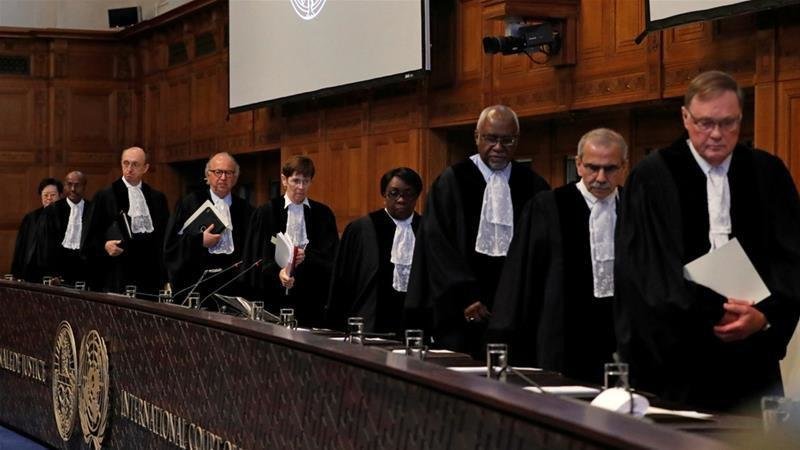ICJ set to rule on Iran's $2bn assets frozen by U.S.

On Wednesday, the International Court of Justice (ICJ) is set to decide reach a verdict on a bid by Iran to recover $2bn assets frozen by the U.S., Al Jazeera reported.
The ICJ is the top court of the United Nations and was set up after World War II to resolve disputes between member states. Its rulings are binding and cannot be appealed, but it has no means of enforcing them.
Relations between Tehran and Washington have been strained since U.S. President Donald Trump's decision to pull out of an international nuclear deal with Iran and reimpose sanctions.
Iran first lodged the case on the frozen funds in June 2016, accusing Washington of breaking the decades-old bilateral Amity treaty dating from the time of the U.S.-backed shah.
Tehran said the U.S. had illegally seized Iranian financial assets and those of Iranian companies.
In 2018, Iran won a legal victory when the ICJ ruled that the U.S. must lift sanctions against Tehran targeting humanitarian goods such as food and medicine.
U.S. Secretary of State Mike Pompeo said Washington was terminating the 1955 friendship treaty with Iran.
Trump's National Security Adviser John Bolton also announced that the U.S. was pulling out of the 1961 Optional Protocol and Dispute Resolution of the Vienna Convention.
The protocol establishes the ICJ as the "compulsory jurisdiction" for disputes unless nations decide to settle them elsewhere.
The U.S. withdrawal from the 1961 protocol also comes after the Palestinians went to the ICJ to challenge the U.S. move of its embassy in Israel to Jerusalem.
Leave a Comment